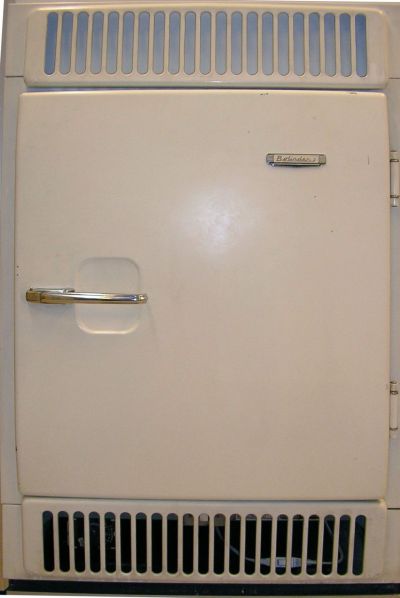The energy required for food refrigeration accounts for 8 % of electric
power and 2.5 % of carbon dioxide emissions worldwide. The efficiency of
food refrigeration has a safety, economic and environmental impact,
affecting everyone through the success of companies and as actual
consumers. The
FRISBEE
project is working to improve refrigeration and the cold chain overall,
working with a total of 26 partners across 12 EU Member States.
Researchers are studying the entire cold chain, including packaging,
handling, storage, transporting, and retail and household
refrigerators. Specifically, the project aims to enhance food quality,
consumer confidence and the competitiveness of European industries, in
addition to reducing energy consumption for environmental
sustainability.
The first part of the project involved assessment of the current
cold chain and consumer expectations within Europe. A survey of the
needs of refrigeration operators in Europe was used and a comprehensive
database of the European cold chain established, which is continuously
updated. Tools were also established and used to determine where the
greatest environmental impact lies within cold food storage and various
types of refrigerators.
New technologies are being developed, including the design for a
domestic magnetic refrigerator and the characterisation of phase change
materials (PCMs) used in food packaging. The nanoencapsulation of PCMs
is being explored and research has confirmed its positive impact on
energy use reduction.
A study was also conducted on the use of nanoparticles in
refrigeration at low temperatures, looking at its potential benefits and
technical and safety implications. Other developing technologies
include a simulation tool to predict ice formation during superchilling,
and a WINTIX model with nucleation as well as a model for ice crystals.
Currently, a field test on real cold chains in four countries is
being conducted. Also, software is being developed to allow use of the
FRISBEE database and Predictor tool.
The results of this research continue to be disseminated through the
project website and intranet as well as through journal publications
and newsletters. The technology and research results continue to emerge
from this project, aiding the entire European food industry, economy,
environment and all consumers worldwide.

